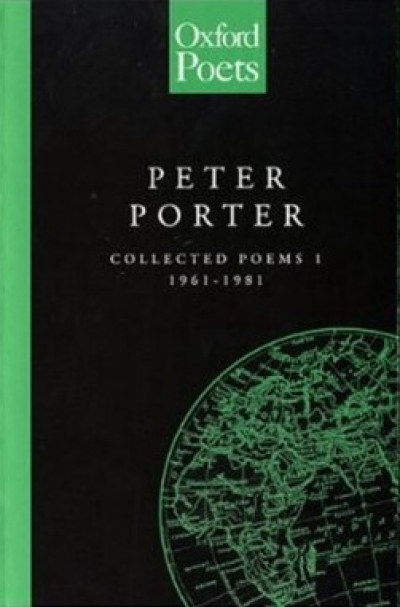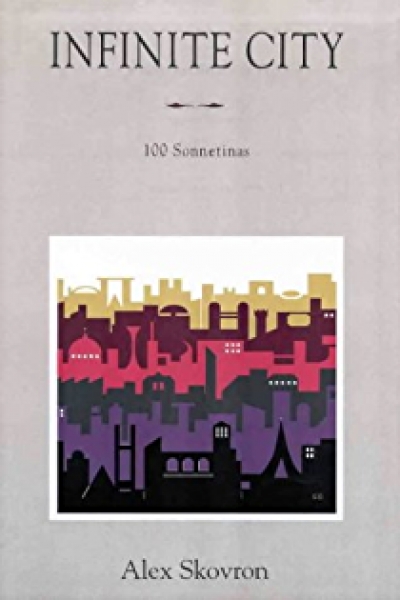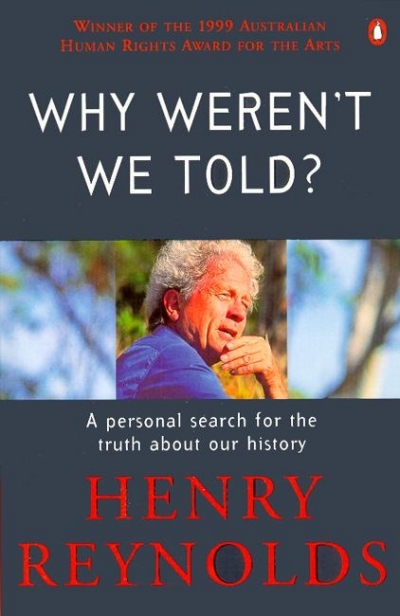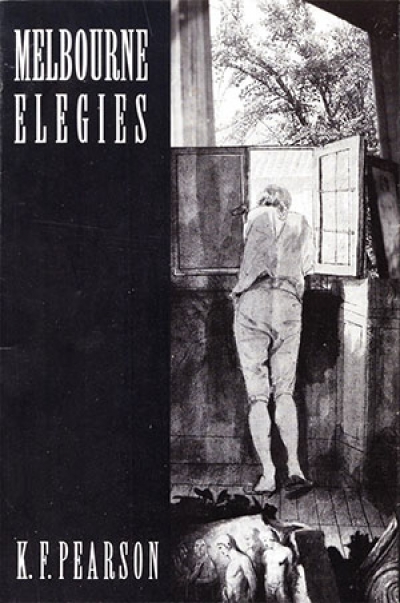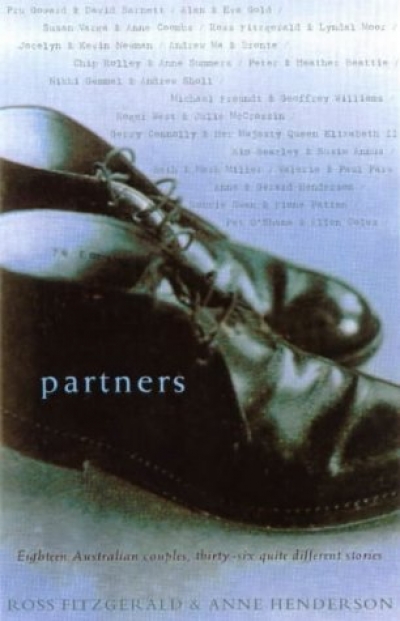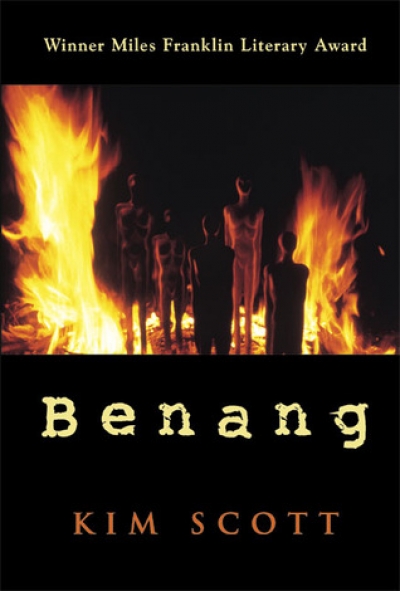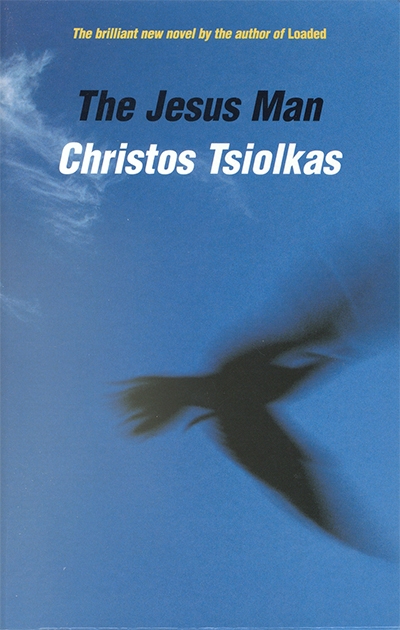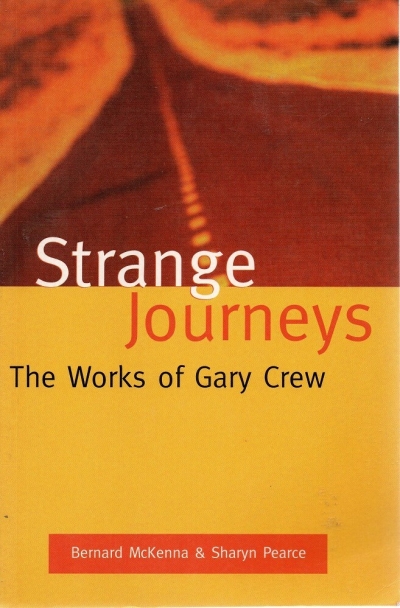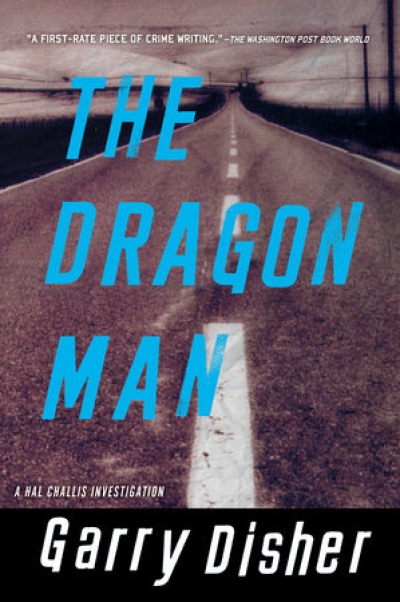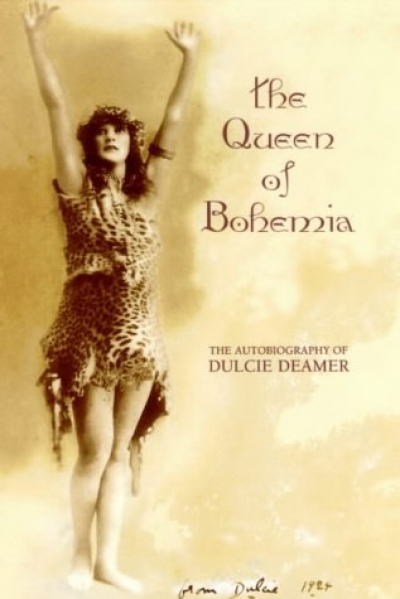Archive
Collected Poems I 1961-1981 by Peter Porter & Collected Poems II 1984-1999 by Peter Porter
by Peter Craven •
Infinite City by Alex Skovron & Aerial Photography by Joanne Burns
by Jennifer Maiden •
Why Weren’t We Told?: A Personal Search For The Truth About Our History by Henry Reynolds
by Morag Fraser •
Melbourne Elegies by K.F. Pearson & Body-Flame by Michael Heald
by Martin Harrison •
Strange Journeys: The works of Gary Crew by Bernard McKenna and Sharyn Pearce
by Stephen Matthews •
The Queen of Bohemia by Dulcie Deamer & An Incidental Memoir by Robin Dalton
by David McCooey •

